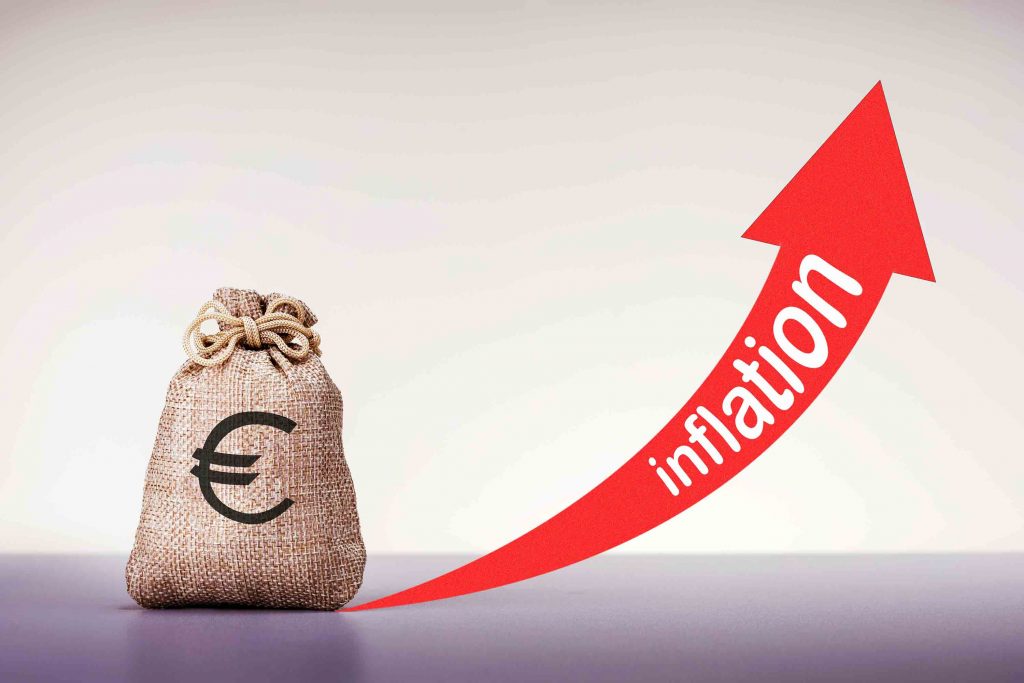Posted on April 5, 2022 In Europe in recent days only inflation data has been discussed, and with inflation of 7.5% in March, the European Central Bank will have few arguments for not accelerating the exit process from the expansive monetary policy. The figure is much higher than the estimate of 6.6% made by analysts and is motivated by the greater increase in energy prices (+44.7% year-on-year) and food. The monthly increase in the energy component was the highest on record and it is estimated that we may not have seen the peak of inflation yet. The impact on wages is still moderate and is expected to become more pronounced in the coming months. In Germany the highest inflation figure since 1970 (7.6%) and in Spain since 1985 (9.8%) has been reached. Debt curves have lost some steam while waiting for the ECB meeting, so the 10-year DBR is trading at 0.60% and Spanish and Italian debt take a bullish break at 1.50% and 2.10% respectively. The ECB is in a complicated position in which, on the one hand, it is conditioned by this inflationary pressure to accelerate the exit, but, on the other hand, it is also conditioned by the impact that the war may have on growth. However, as the days go by it seems that the evolution of the war is losing the market’s attention to focus again on the interest rate front and on the next steps of the central banks in light of the inflation data . At the European Central Bank this week more light is expected on how the conflict between Russia and Ukraine is affecting the views of the Governing Council. Although the most aggressive advocate getting interest rates out of the negative side in a short time, other members seem to be very aware of the economic impact on the data and the market already discounts rates to 0% by the end of the year. The common view is that they want to end net asset purchases in the third quarter of the year. Over the weekend, Isabel Schnabel commented on the continuation of the policy normalization process, given the still exceptional policy measures in place and the growing risks of inflation running above target in the medium term. The upward pressure of energy prices and the recovery of wages are the elements that are driving it, so the normalization process will depend on the economic consequences of the war, the severity of the inflationary shock and its persistence. INFORMATIONTitleThe upward path of inflation persists in Europe caused by energy and food pricesDescriptionIn Europe in recent days only inflation data has been talked about, and that is that with an inflation of 7.5% in the month of March, the The European Central Bank will have few arguments for not accelerating the exit process from the expansive monetary policy. Author GLOBALCAJA
The upward path of inflation persists in Europe caused by energy and food prices

